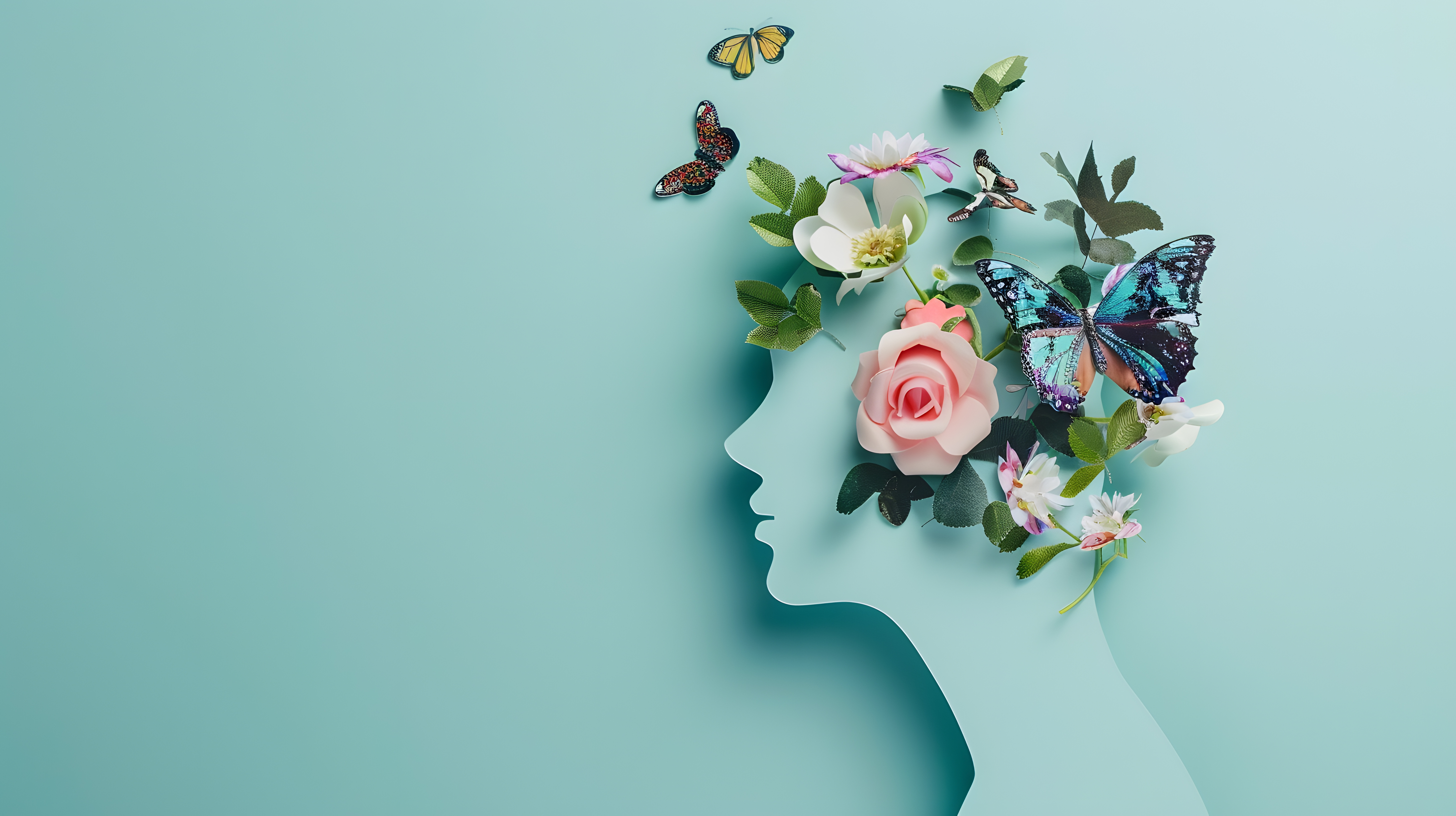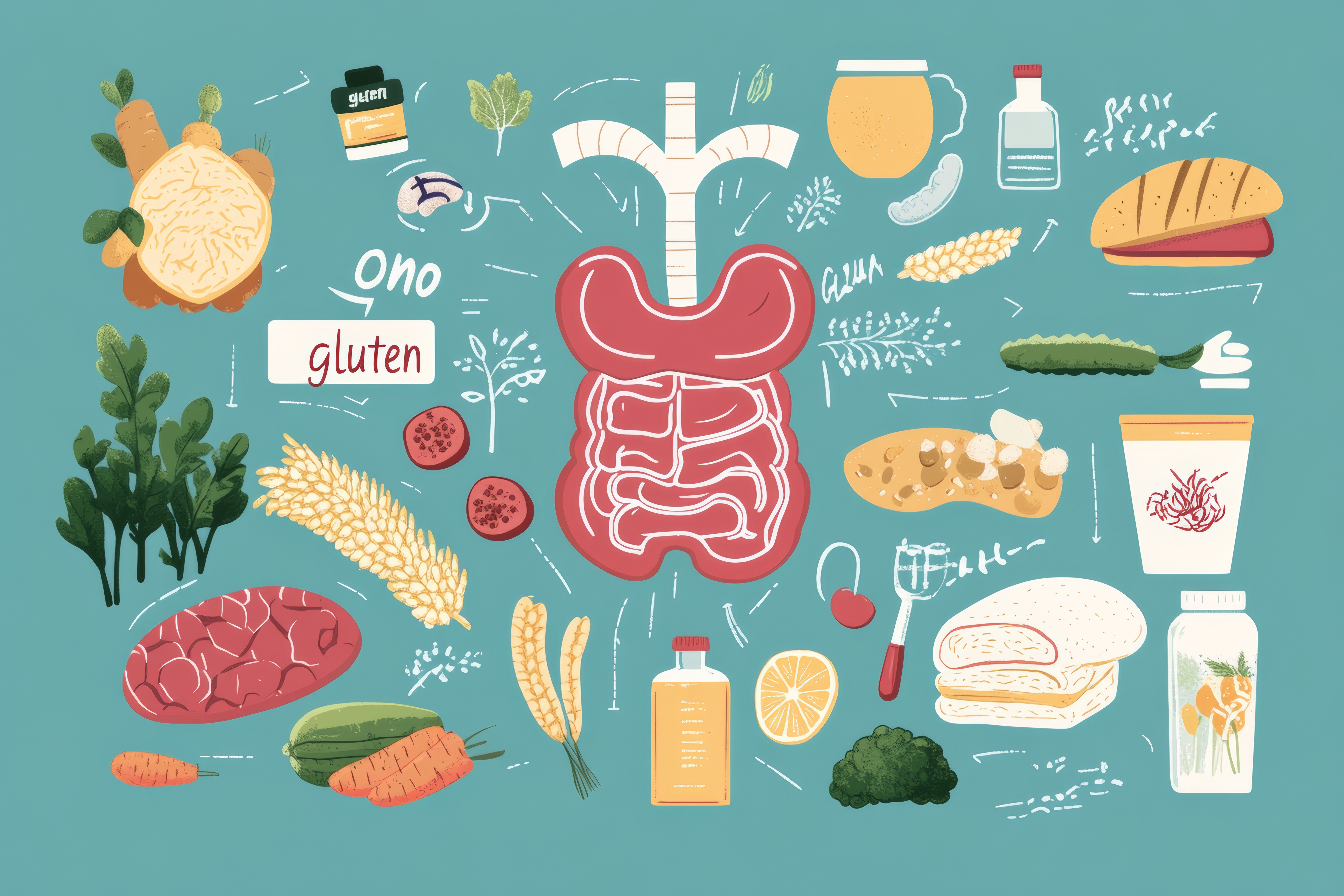Strategies to Balance your Hormones Naturally
Written By Doren Clark, NP
Do you ever wonder what is going on with your body? How did I go from being young and fit with lots of energy to having difficulty losing weight, fatigued, and losing my focus?
It could be your hormones! Here is a quick quiz to see if you have some hormone imbalance symptoms.
- Poor sleep
- Irritability, if you are not sure, ask those around you.
- Anxiety
- Pain and Inflammation
- Weight gain
- For women, hot flashes, or night sweats
- Memory and concentration problems
- Worsening allergies with increased sensitivities to chemicals or perfumes
- Decrease in HDL cholesterol
- Dry eyes
If you have more than 2-3 symptoms indicated above and if you have ever wondered if you need hormone replacement, let’s take a quick look at the options! Once you have blood work done to determine your hormone levels, a practitioner can review your options to consider how you are going to replace them.
Hormones are chemical substances produced by your endocrine glands and are essential to overall health and wellbeing. There are many factors that can affect your hormones, such as being stressed, exercising too much or too little, having too many toxins in your body, antibiotics, age, or having an imbalance or deficiency in vitamins and minerals.
Balancing hormones naturally is based on the above factors of detoxifying, nutrition, lowering stress and exercising appropriately. Every gland is dependent upon a mineral. For example, adrenals and copper, prostate and zinc, thyroid, and iodine. The nutrient building blocks for our hormones are amino acids, cholesterol, and fatty acids. Eating a nutrient dense diet with healthy fats and minerals is key PLUS absorbing these nutrients is a foundational principle of hormone balance.
Naturally supporting hormone health with nutrition, lowering stress levels, balancing blood sugar, using adaptogenic herbs and glandular supplementation can certainly help!! But at some point, it may be important to consider hormone therapy.
At Real Health Medical we don’t use synthetic hormones, but we can help you find the best choice for you, whether it is bio-identical hormones, supplements, or lifestyle changes. Hormones that are out of balance will increase the risk of heart disease, osteoporosis (bone loss), and cognitive decline.
Synthetic hormones such as conjugated equine estrogens (equilin or equilenin) are not considered bio-identical to the body, they break down to 45% estrone sulfate and 55 % various equine estrogens.
Synthetic progesterone is called progestin and it does not have the same chemical structure as progesterone, which makes it difficult for your body to use. Many studies have documented that progestins increase stimulation of breast cell growth, but bioidentical progesterone does not increase the risk of breast cancer.
Testosterone is made in the adrenal glands in both men and women. It is also made in the ovaries for women. It helps us in many ways.
Optimal levels of Testosterone Can:
- Decrease inflammation.
- Improve insulin resistance.
- Control pain
- Improve muscle performance.
- Decrease bone loss.
- Emotional wellbeing.
- Increase HDL-C
- Decrease cholesterol.
- Decrease abdominal fat.
- Protect against heart disease.
- Improve cognitive function.
- Reduce the risk of developing Alzheimer's disease.
- Helps with saggy skin.
Tips to Increase Testosterone:
- 8 hours of quality sleep
- Zinc
- Exercise - weight bearing
- Red meat - grass fed
- Maca Root
Estrogen plays 400 crucial roles in our bodies. Both women and men produce estrogen.
Optimal Levels of Estrogen Can:
- Decrease LDL and accumulation of plaque in arteries.
- Decrease the risk of colon cancer.
- Eliminates hot flashes and night sweats.
- Increases metabolic rate.
- Improves insulin sensitivity.
- Regulates of body temperatures
- Prevents of muscle damage
- Helps to maintain muscle.
- Improves sleep.
- Reduces the risk of cataracts.
- Helping to maintain the elasticity of arteries.
- Dilates small arteries, increasing energy Improves blood flow.
- Inhibits platelet stickiness.
- Decreases accumulation of plaque on the arteries
- Enhances magnesium uptake and utilization.
- Maintains the amount of collagen and the elasticity of the skin.
- Decreases blood pressure.
- Decreases LDL cholesterol and prevents its oxidation.
- Helps maintain memory.
- Increases reasoning and new ideas.
- Decreases lipoprotein(a)
- Acts as a natural calcium channel blocker to keep arteries open.
- Increases HDL by 10% to 15%
- Reduces the overall risk of heart disease by 40% to 50%
- Increases the water content of the skin and is responsible for its thickness and softness.
- Decreases the risk of colon cancer.
- Helps prevent tooth loss.
Foods to increase Estrogen:
- Apples
- Barley
- Beets, cherries
- Chickpea
- Carrots
- Celery
- Cucumbers
- Fennel
- Oats
- Olives
- Olive oil
- Papaya
- Peas
- Plums
- Pomegranate
- Tomatoes
- Flaxseed
- Yams
- Dried apricots
- Pomegranate
- Tomatoes
- Flaxseed
- Yams
- Dried apricots
- Cashews
- Hazelnuts
- Walnuts
Progesterone is made in the adrenal glands from pregnenolone before menopause and in the ovaries after menopause. It can be low due to high sugar intake and saturated fat, and deficiencies of vitamin A, B6, vitamin C, and zinc. Low progesterone in menstruating women may cause infertility, increased risk of miscarriage, increased PMS, depression, thyroid dysfunction, fibrocystic breasts, weight gain, and irregular menstrual cycles.
Optimal Levels of Progesterone Can:
- Lower blood pressure
- Prevents heart disease.
- Improves libido.
- Natural calming effect
- Helps with sleep.
- Helps the body to use and eliminate fat.
- Increases scalp hair.
- Stimulates the production of new bone.
- Prevents migraine headaches.
- Increases metabolic rate.
- Decreases depression, irritability, anxiety, and pain sensitivity.
- Helps with weight loss.
- Acts as a diuretic.
- Help thyroid function better.
- Anti-inflammatory
- Lowers high blood pressure.
- Build bones.
- Maintain bladder function.
Foods to increase Progesterone:
- B vitamins
- Walnuts
- Whole grains
- Lean red meat
- Poultry
- Seafood
- Bananas
- Spinach
- Beans
- Potatoes
- Vitamin C - 750mg daily
- Magnesium 800 mg daily
- Zinc
DHEA is made in the adrenal glands for both men and women. It starts to decline in our late 20’s. DHEA is your anabolic (building up) precursor to all the sex hormones in that it helps your body to make testosterone, estrogen, and progesterone.
Optimal Levels of DHEA can:
- Muscle strength and lean body mass
- Improves immune function.
- Increases quality of life
- Improves sleep.
- Increases the sense of well-being.
- Decreases joint soreness.
- Improves insulin sensitivity.
- Prevents blood clots.
- Deal with stress
- Supports the immune system.
- Helps the body repair and maintain itself.
- Promotes weight loss.
- Decreases cholesterol.
- Improves brain function.
- Lowers triglyceride levels.
- Helps to lessen the damaging effects of stress.
- Decreases allergic reactions.
Foods to increase DHEA:
- Coconut foods
- Avocados
- Olive oil
- Nuts
- Seeds
- Wild-caught fish
- Grass-fed red meat
- Free range chicken
- Turkey
- Eggs
Male menopause - referred to as andropause is due to lower testosterone levels. Testosterone is used in muscle and bone formation, glucose regulation, increasing oxygen to different parts of the body and improving the immune system. Often this happens from age 50-70, but in our modern culture, it has been seen in much younger men.
Symptoms of Low Testosterone in Men:
- Low mood
- Irritability
- Lack of energy
- Lack of focus
- Depression
- Loss of fitness
- Feeling over-stressed
- Decline in physical abilities.
- Elevated cholesterol
- Bone loss joint pain
- Backaches
High estrogen may also be a problem during andropause. This can be due to liver function, zinc deficiency, obesity, abuse of alcohol, eating food containing estrogens, statins, some blood pressure medications, antidepressants, or environmental estrogens.
High Estrogen in Men can lead to:
- Vascular disease
- Heart disease and stroke
- Carotid artery stenosis
Discover if Hormone Replacement Therapy is right for you.
Our NEW DUTCH (Dehydrated Urine Test Comprehensive Hormones) Hormone Assessment is a great way to find out, plus receive a personalized natural hormone support protocol!
To Learn More about this new Hormone Assessment, complete the Hormone Assessment Intake and a coordinator will reach out to you.
Call us today to begin to turn haywire hormones into happy hormones!
References
English, K. etal., “Men with coronary artery disease have lower levels of androgen than men with normal coronary angiograms, “Eur Health Journal 2000: 21(11): 890-4
Smith, P., “What you must know about women’s hormones, “Square One Publishing, 2022
Landa, J., “Female Hormone Balance” 2018
Korownyk, C., Allan, GM, McCormack, J. Bioidentical Hormone, micronized progesterone” Can Fam Physicians, 2012 July; 58(7): 755 PMID: 22859638
Rizza, R., et al., “Androgen effect on insulin action and glucose metabolism,” Mayo Clin Proc 2000; 75(Suppl):S61-S64.
Haring, R., et al., “Low serum testosterone levels are associated with increased risk of mortality in a population-based cohort of men aged 20-79,” European Heart Jour 2010; 31(12):1494-1501.



